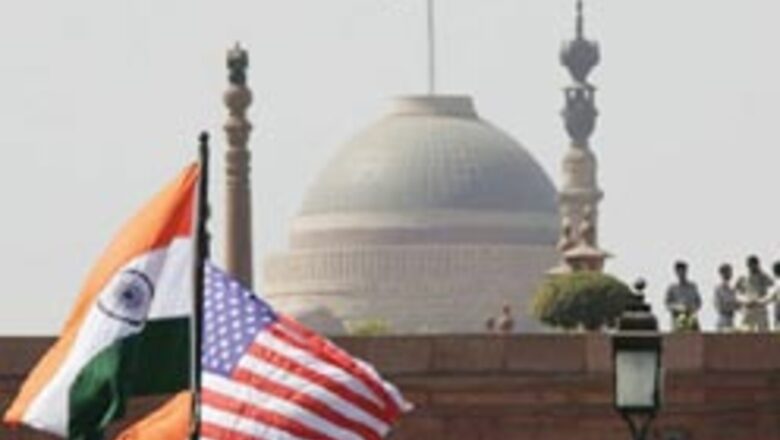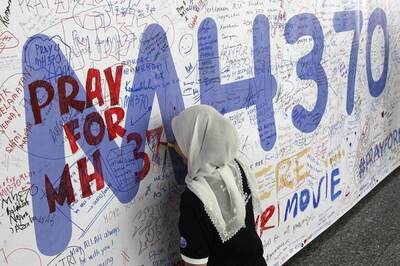
views
Washington: With the fate of Prime Minister Manmohan Singh's government hanging in balance over the India-US civil nuclear deal, the Washington establishment is keeping its fingers crossed and lips sealed before Tuesday's trust vote.
The White House and the State Department have refrained from offering a comment lest it be taken as interference in another country's domestic affairs, but officials sure are hoping the Manmohan Singh government would survive.
For, the government's survival alone would give the embattled President George W. Bush one last chance to score a major foreign policy success of his administration though given the US legislative calendar, it still would not be a sure thing.
Absorbed as it is in the long US presidential election campaign, the US media had paid little attention to the brewing crisis in New Delhi so far, but the impending trust vote has indeed caught its attention.
"Even in the cacophony of Indian politics, there is one thing that everyone seems to agree on: Prime Minister Manmohan Singh has absolute faith in his country's controversial civilian nuclear deal with the US," noted influential Time newsmagazine in a piece titled "Nuclear Brinksmanship".
So unshakable is his commitment to the agreement that Manmohan Singh has bet his political future on it, the weekly said.
"On July 22, Singh will find out whether his gamble has paid off - or if it has cost him his four-year-old administration.
"If they are to keep their jobs, Singh and other Congress party members have to convince voters, as well as lawmakers who are sitting on the fence, that the leadership hasn't sold out and turned India into a US pawn," it said referring to the Leftist parties' criticism of the deal.
Expecting the vote to be close, Time said, "With about a dozen lawmakers undecided, the prime minister can probably swing enough votes by making a few compromises. One compromise he will almost certainly not make: backing down on his deal with the US."
Noting that the Indian prime minister had staked his career on the US nuclear pact, the Washington Post said: "when a mild-mannered, Oxford-educated economist unexpectedly became India's prime minister four years ago, many feared he would be a puppet of his party's top leader."
But "when it came to the nuclear deal, however, Singh put his foot down for the first time", arguing at every turn that the deal was crucial to achieving energy security for the power-starved, emerging economy of more than a billion people, the Post said.
Taking note of the economic reforms he initiated as finance minister in 1991, the Post said: "Now, as prime minister, the blue-turbaned Sikh is fighting the biggest political battle of his career as he tries to implement another radical initiative..."
Calling it a "Pivotal Time for India-US Nuclear Deal," Businessweek noted that eyeing more than $100 billion in new reactor construction contracts in just the next 10 years, US companies had been lobbying for the last three years in both New Delhi and the US for the passage of the nuclear deal.
In the event of the nuclear deal falling through, the prospect of losing more lucrative contracts to the French and Russians has them worried.
But "If the government survives - and it's expected to, having replaced the Left parties with smaller regional allies", the magazine said it would only take the deal to the next hurdle as "the deal is no sure thing in Washington, either".
"The White House is pushing hard to get the deal on the legislative calendar in the House and Senate," Businessweek noted, as "for an embattled president, bringing India into the nuclear fold would be a rare foreign policy success for the Bush Administration".
"There's more than just nuclear reactor business on the line. The deal is seen as a proxy for Indo-American relations, and if it survives, it augurs well for future strategic defence and economic ties", the weekly said.


















Comments
0 comment